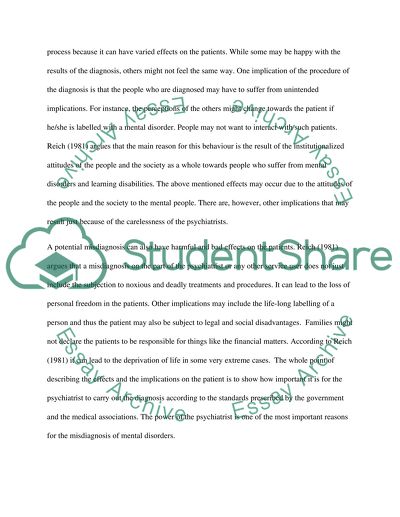Cite this document
(Understanding Human Behaviour Essay Example | Topics and Well Written Essays - 2500 words, n.d.)
Understanding Human Behaviour Essay Example | Topics and Well Written Essays - 2500 words. Retrieved from https://studentshare.org/psychology/1566223-understanding-human-behaviour
Understanding Human Behaviour Essay Example | Topics and Well Written Essays - 2500 words. Retrieved from https://studentshare.org/psychology/1566223-understanding-human-behaviour
(Understanding Human Behaviour Essay Example | Topics and Well Written Essays - 2500 Words)
Understanding Human Behaviour Essay Example | Topics and Well Written Essays - 2500 Words. https://studentshare.org/psychology/1566223-understanding-human-behaviour.
Understanding Human Behaviour Essay Example | Topics and Well Written Essays - 2500 Words. https://studentshare.org/psychology/1566223-understanding-human-behaviour.
“Understanding Human Behaviour Essay Example | Topics and Well Written Essays - 2500 Words”, n.d. https://studentshare.org/psychology/1566223-understanding-human-behaviour.


